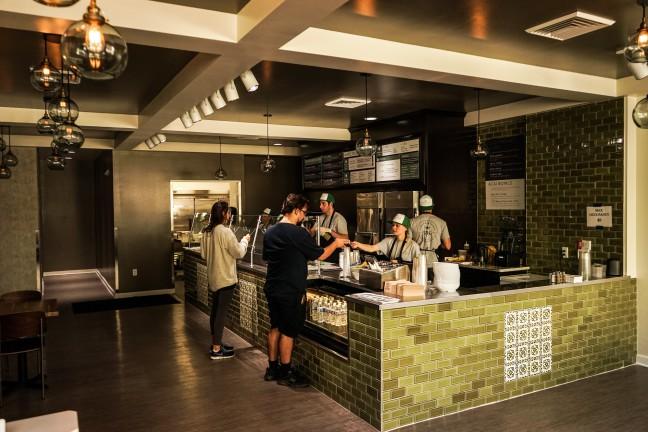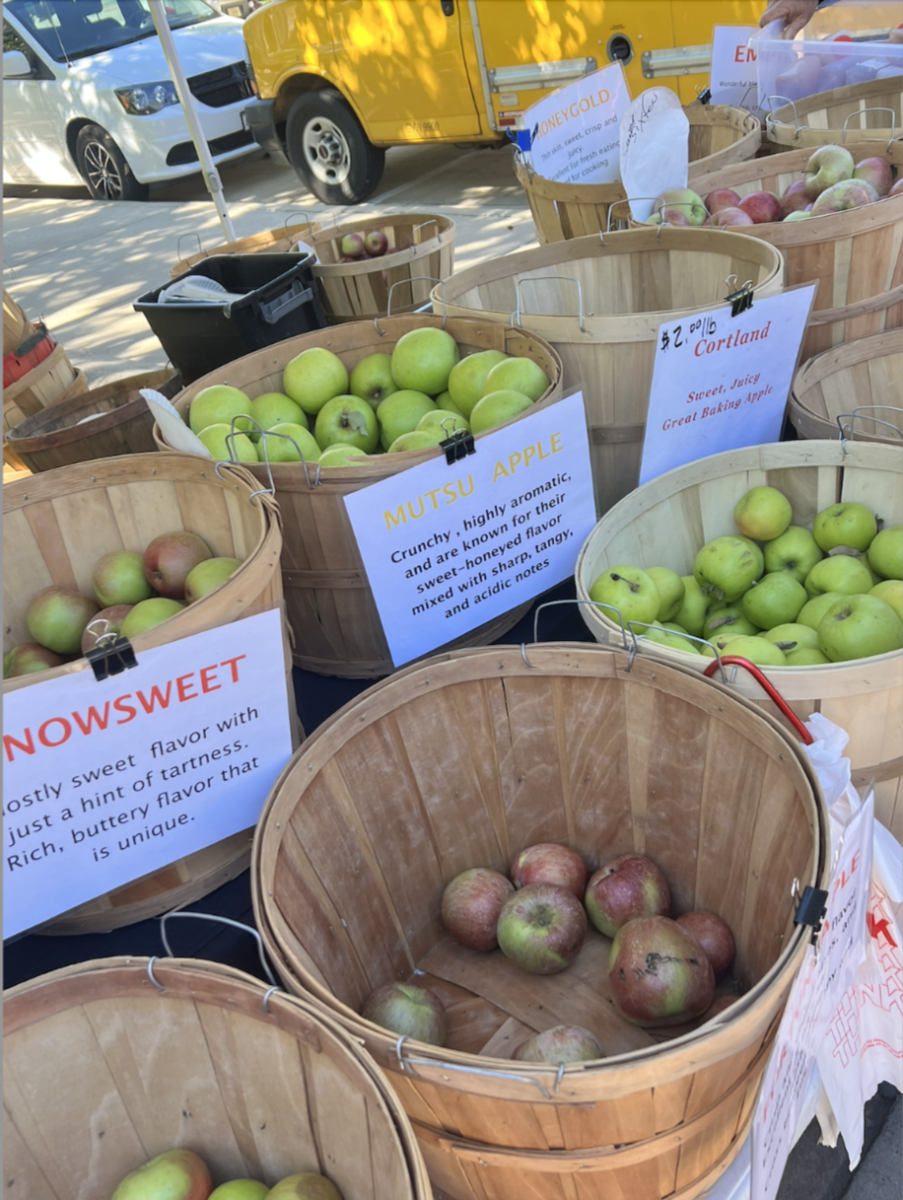Students who have embarked on a juice cleanse might be ahead of the curve, after all.
Juicing, which first became a popular alternative to eating fruits and vegetables on the West Coast, has begun crowding the Madison market.
With places like Portage Pi and Green Life Café already established, the market for vegetable products in Madison has potential, creating room for new restaurants like Forage Kitchen, a new juice and salad bar that opened October 9.
Doug Hamaker, the owner of Forage and Roast Public House, said he knows juicing has its benefits — he’s made his own for years. But, he said he isn’t under any false illusions it will forge people into super-humans.
“I don’t think juicing is the be-all end-all health cure, but when added to proper nutrition and [sufficient] sleep, it helps a lot,” he said.
But while the juicing trend has garnered a lot of buzz, it begs the question: Is it really worth all the hype?
Cassie Vanderwall, a UW Health clinical nutritionist, said fresh juices can be a significant source of vitamins A, C and B, as well as potassium and other minerals. She said they also may have phytochemicals — nature’s antioxidants — thus supporting the body’s immune system.
But juices also come with a big drawback: Fruit is high in sugar. While the sugar is natural, drinking more than one cup of fresh juice per day will quickly exceed one’s daily sugar allotment, Vanderwall said.
Still, Forage will offer alternatives to those who’d rather not partake in the juicing trend. Aiming to help his patrons achieve a well-balanced life, Forage will serve up specialty salads in addition to juice. The salads are certainly novel — they’re inspired by different world regions and incorporate inventive grain options.
Hamaker said customers have the option of adding in rice to the bottom of their salad, transforming it into a creative ‘green and grain’ bowl. These can also be converted into wraps.
Additionally, Forage will offer acai bowls with honey and house-made cashew milk over granola. All these options will be 95 percent organic and local, perfect to pair with arguably healthier cold-pressed juice for a well-rounded diet, Hamaker said.
“The nutritional benefits of juicing depends on the method,” Vanderwall said. “Fresh juices made with a pulper may contain greater amounts of phytochemicals, or plant-based antioxidants.”
The alternative would be using a high speed blender or juicer, leading to a supposedly less nutritious end product.
“A lot of places use high speed blenders — around 10,000 RPMs — and it spins so fast it oxidizes [the fruit or vegetable] so it loses some of the nutrients,” Hamaker said. “Cold press spins about twenty RPMs and extracts almost 100 percent of the juice’s nutrients, so it’s super healthy.”
With Roast’s reputation to back him up, Hamaker said he knows what his Madison clientele likes; he claims to know his juicing facts as well.
With a convenient location on State and Lake Streets and some real health benefits to back it up, stop in with friends and grab a juice. Just remember, when embracing the juicing trend, do so in moderation — like all good things.














